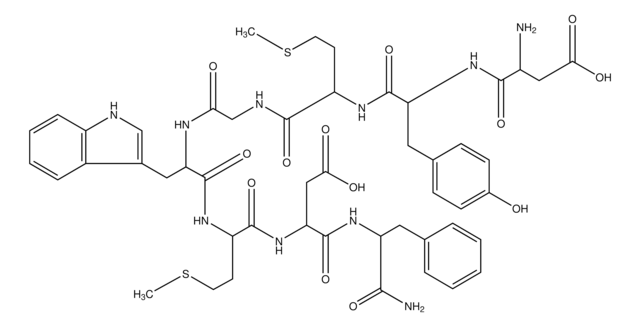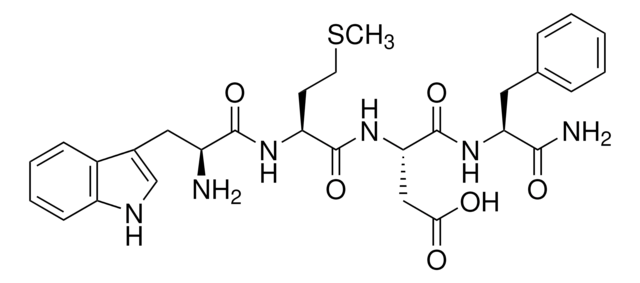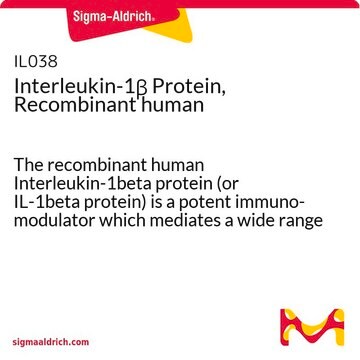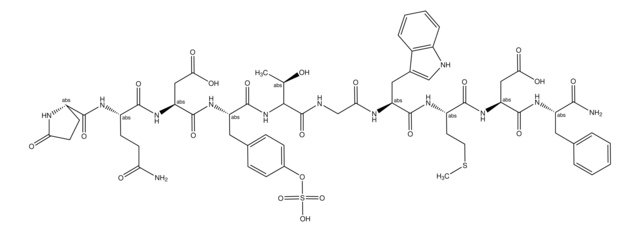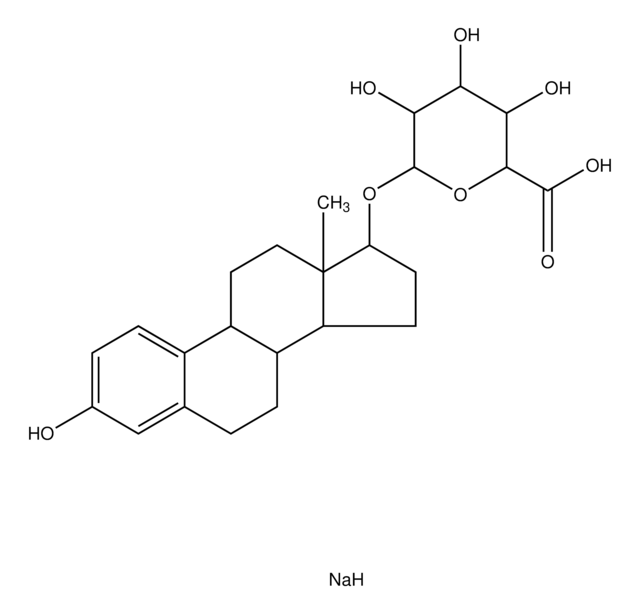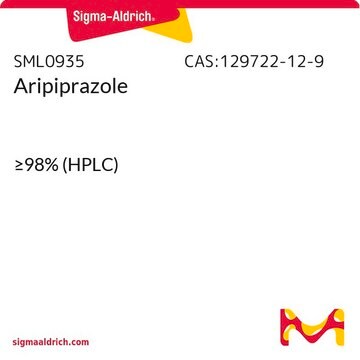C2175
(Tyr[SO3H]27)Cholecystokinin fragment 26-33 Amide
≥97% (HPLC), powder
Synonym(s):
CCK-8, Cholecystokinin octapeptide, Pancreozymin C-terminal octapeptide, Sincalide
About This Item
Recommended Products
Quality Level
Assay
≥97% (HPLC)
form
powder
storage temp.
−20°C
SMILES string
CSCC[C@H](NC(=O)[C@H](Cc1ccc(OS(O)(=O)=O)cc1)NC(=O)[C@@H](N)CC(O)=O)C(=O)NCC(=O)N[C@@H](Cc2c[nH]c3ccccc23)C(=O)NC(CCSC)C(=O)N[C@@H](CC(O)=O)C(=O)N[C@@H](Cc4ccccc4)C(N)=O
InChI
1S/C49H62N10O16S3/c1-76-18-16-34(55-47(69)37(58-44(66)32(50)23-41(61)62)21-28-12-14-30(15-13-28)75-78(72,73)74)45(67)53-26-40(60)54-38(22-29-25-52-33-11-7-6-10-31(29)33)48(70)56-35(17-19-77-2)46(68)59-39(24-42(63)64)49(71)57-36(43(51)65)20-27-8-4-3-5-9-27/h3-15,25,32,34-39,52H,16-24,26,50H2,1-2H3,(H2,51,65)(H,53,67)(H,54,60)(H,55,69)(H,56,70)(H,57,71)(H,58,66)(H,59,68)(H,61,62)(H,63,64)(H,72,73,74)/t32-,34-,35?,36-,37-,38-,39-/m0/s1
InChI key
IZTQOLKUZKXIRV-IVVJSLGPSA-N
Gene Information
human ... CCK(885)
rat ... Cckar(24889) , Cckbr(25706)
Looking for similar products? Visit Product Comparison Guide
Amino Acid Sequence
General description
Application
- to study its effects on β5i/LMP7 immunoproteasome subunit in pancreatitis
- on gastric emptying,food intake and c-Fos immunoreactivity in small litter (SL) and normal litter (NL) rats
- on the intestine and gallbladder motility in fish Ballan Wrasse
Biochem/physiol Actions
Other Notes
Storage Class Code
11 - Combustible Solids
WGK
WGK 3
Flash Point(F)
Not applicable
Flash Point(C)
Not applicable
Personal Protective Equipment
Choose from one of the most recent versions:
Certificates of Analysis (COA)
Don't see the Right Version?
If you require a particular version, you can look up a specific certificate by the Lot or Batch number.
Already Own This Product?
Find documentation for the products that you have recently purchased in the Document Library.
Customers Also Viewed
Our team of scientists has experience in all areas of research including Life Science, Material Science, Chemical Synthesis, Chromatography, Analytical and many others.
Contact Technical Service